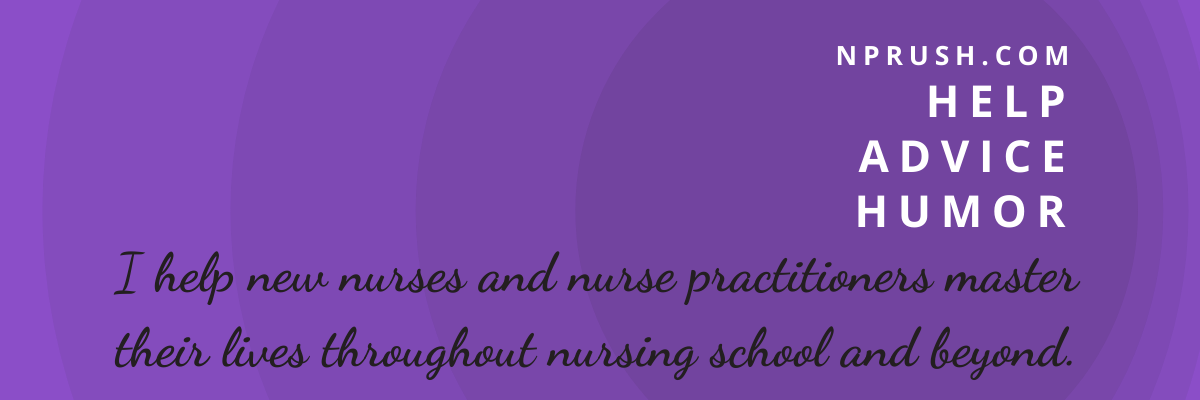You’ve finished nursing school and secured your first nursing job. You’ve mastered basic nursing skills and theories and you’re proudly upgrading your critical thinking skills on the daily.
But did you know that meeting the basic levels of providing nursing care isn’t all that’s needed to succeed as a nurse?
Developing soft skills beyond nursing procedures and creative problem solving may hold the key to moving your career forward.
Attitude
Attitude isn’t easy to discuss with anyone, but it plays a crucial part in professional success. Attitude envelopes more than a point of view or perspective, it speaks to being broad-minded and flexible.
Possessing an attitude of openness and resilience directs larger attitudes about competency and autonomy, areas where new nurses struggle.
According to a 2018 study in Nurse Education Today, the problem-based learning approach in nursing education programs correlates to positive attitudes in autonomy and competence. Possessing an attitude of interest, tolerance, and pliancy is the direct path toward competency in professional nursing.
Possessing a helpful attitude at work is important, whether that means assisting patients and families with their needs or helping co-workers accomplish their daily tasks. The more helpful an attitude you have, the more people want to be around you and the more willing they are to help you when you need it.

Cooperation
Cooperation surfaces in several forms such as respect for co-workers and management and the degree of helpfulness toward others. In addition, circumstances in healthcare can change rapidly and nurses need cooperation skills at the ready to meet those demands.
New nurses are still learning and cooperation within the new learning environment is important. In the Journal of Workplace Learning, cooperation and feedback are significant predictors of learning outcomes.
Nursing is very much a cooperative learning environment where adapting to new technologies and tasks happens within a close collective of individuals. There will always be something to learn in this profession; be the nurse who is open and teachable.
Professionalism
Nursing is a proud profession. Very little is taught in nursing school regarding professional nursing behaviors on and off the job. As a result, many new nurses are not aware that nursing professionalism encompasses everything from the proper use of social media platforms to bedside care and family interactions.
Often the organizational culture can cause stress and work burdens, resulting in internal conflicts that stab at our feelings of competence. This leads to an overall lack of confidence which can evoke unprofessional behaviors such as inappropriate social media posts, gossiping or other laxes in judgment.
A 2019 poster presentation by BYU University of Nursing graduates suggests that developing a professional identity is essential for new nurses to have a successful transition throughout their first years of practice.
A professional identity is an evolutionary concept in the sense that it will always be developing and refreshing itself throughout your career. Professionalism isn’t always innate; it’s okay if you have to work on some areas.
Generally, nursing professionalism includes positivity and respect during patient/family/coworker interactions, professional responsibility, teamwork, and integrity.
Excelling at nursing procedures while mastering problem-solving skills are large parts of being a successful nurse. But mastering attitude, cooperation, and professionalism may get you further than you ever thought possible.
Cheers,






